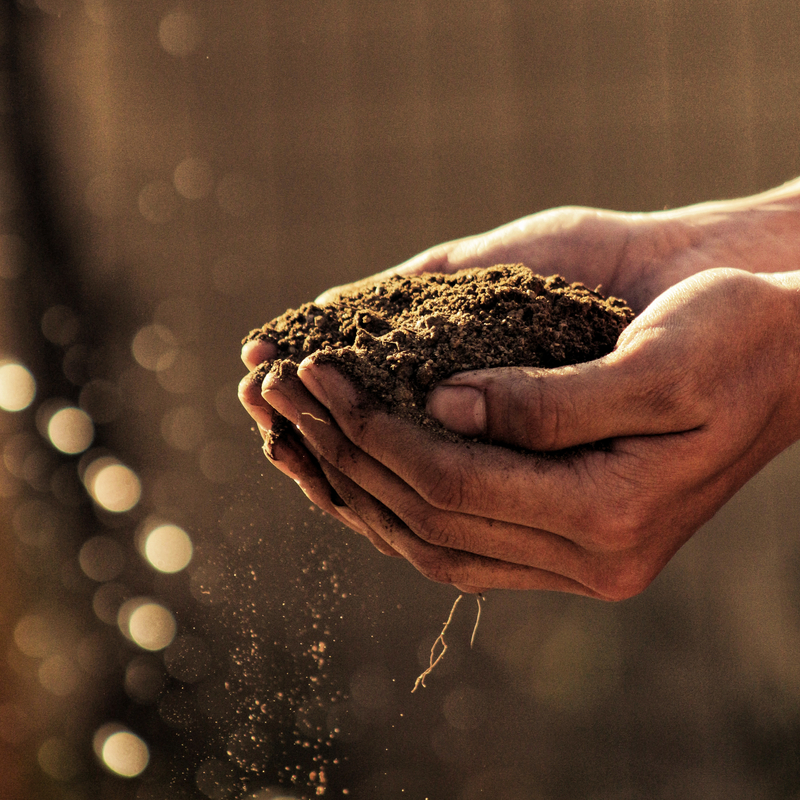California’s composting
What’s on the cards?
The new year saw the introduction of a new composting law in California. The new mandatory food waste recycling program is the largest initiative of its kind in the US and follows a handful of other states, primarily in the northeast, which adopted similar measures last year.
In September 2016, the Office of Administrative Law approved SB 1383. This law builds upon the Mandatory Commercial Organics Recycling law that went into effect also in 2016. California’s statewide effort to reduce short-lived climate pollutants identifies targets that must:
- Reduce organics waste disposal 50% by 2020 and 75% by 2025.
- Ensure that no less than 20% of food that is currently disposed of is recovered for human consumption by 2025.

Why it’s necessary
Currently, 20% of California’s methane emissions come from landfill. Methane is ranked by CalRecycle as being 84 times more potent than carbon dioxide. In short, reducing our methane emissions is essential if we are to tackle climate change.
Furthermore, organics, including food scraps make up half of what Californians dump in landfills. Changing behaviors so that these organic materials begin to be recycled is essential.
These targets are in-line with the USDA & EPA’s aims to reduce waste by 50% by 2030. It is estimated that the nation’s food waste is around 30-40 percent of its food supply. It is clear that, if successfully implemented, California’s efforts will make aggressive steps in reducing food waste and could be an example for the rest of the US.
The benefits of composting
Composting could play a significant part in California’s attempts at carbon sequestration. In fact, composting, alongside other climate change initiatives could trap a quarter of the state’s annual carbon dioxide emissions by 2030.
The cost of implementing this project is estimated to be $30 billion over ten years. Admittedly this is not a small figure however, in context, the California wildfires resulted in $150 billion in damages.

The Vegware difference
Waste activism is at the heart of Vegware’s award-winning environmental services.
We have a team of waste management experts who can help you compost your used Vegware with your food scraps.



